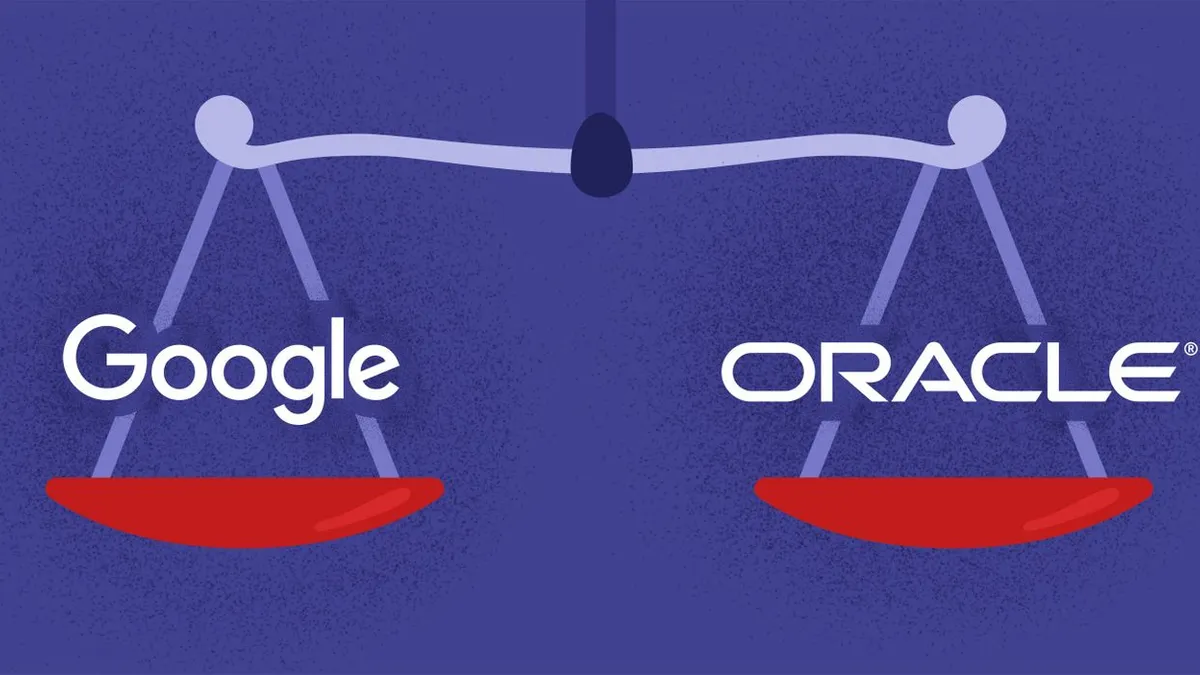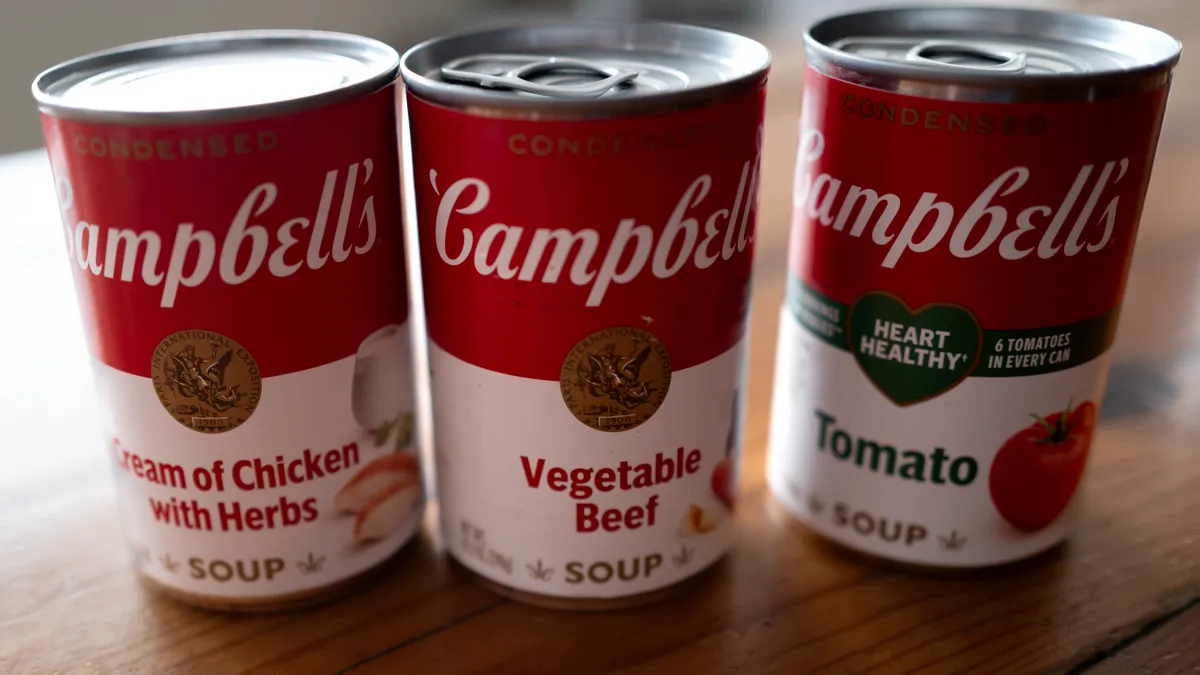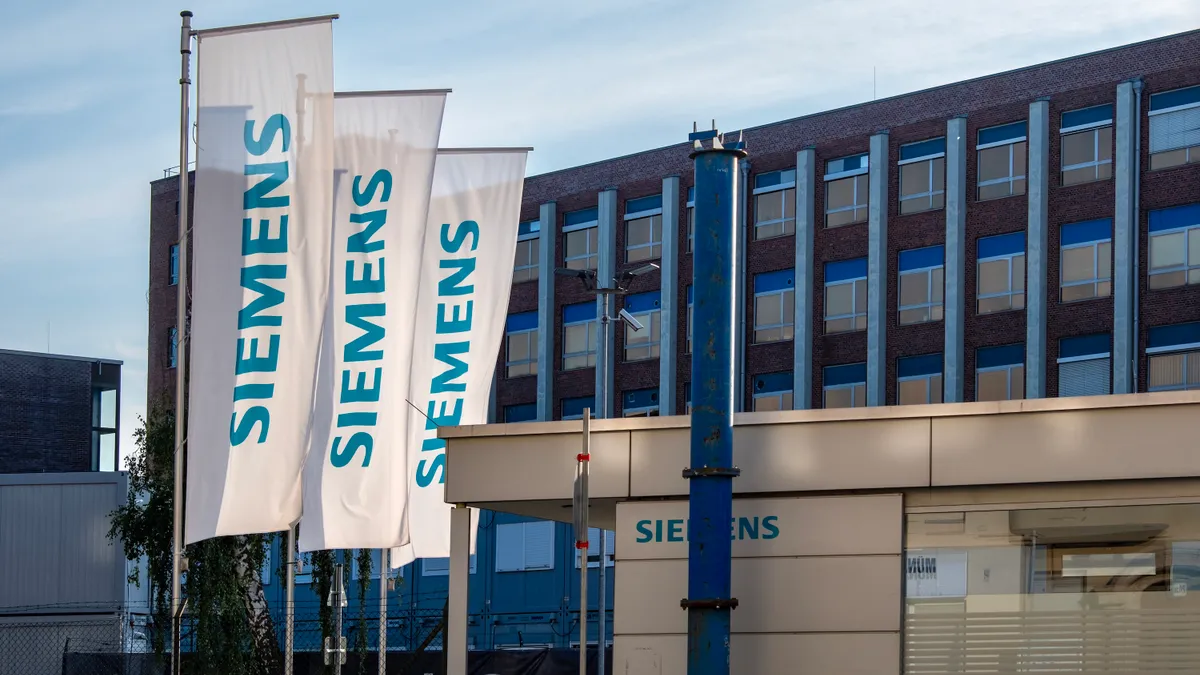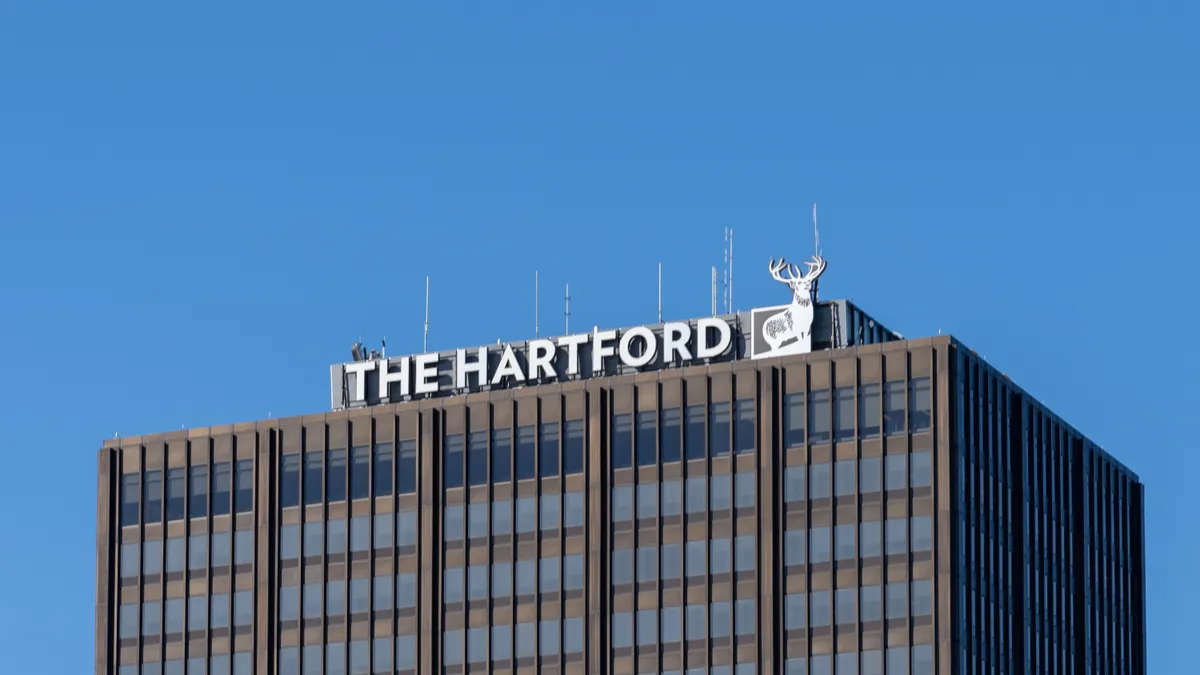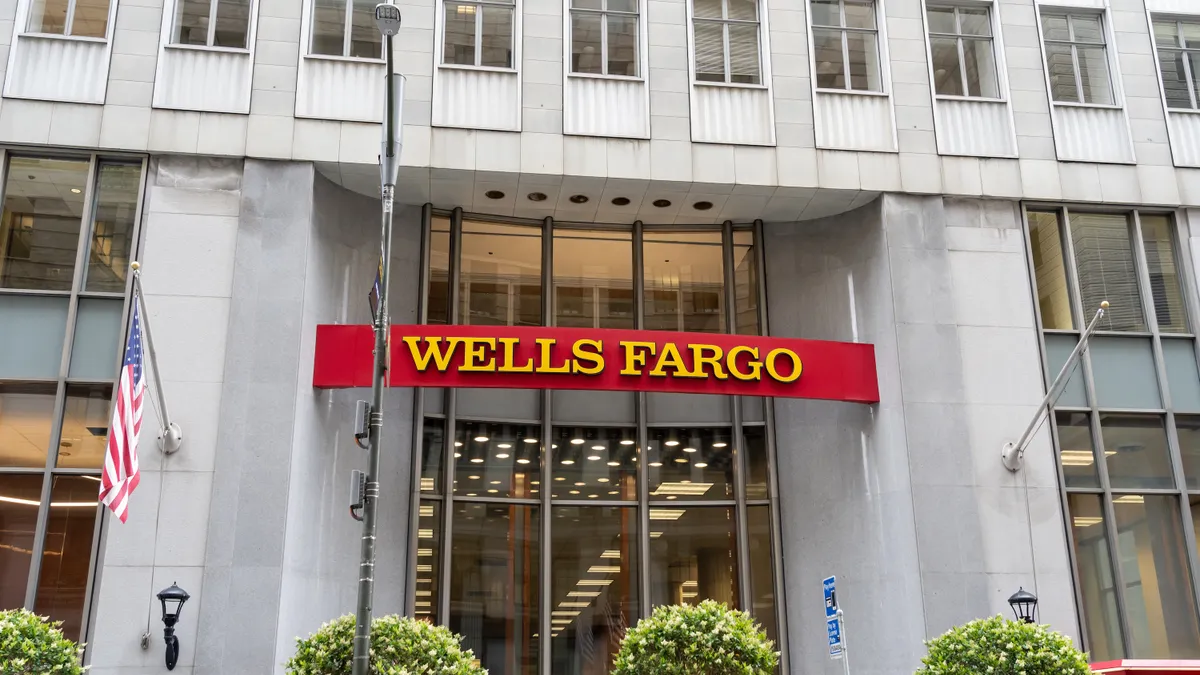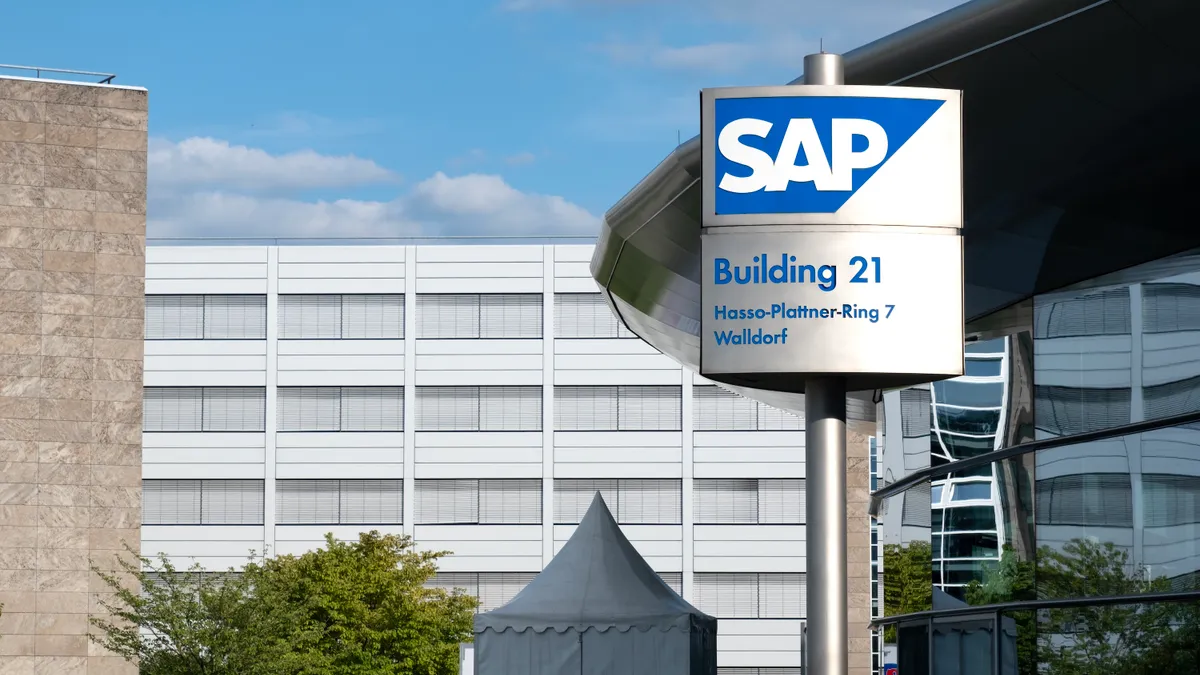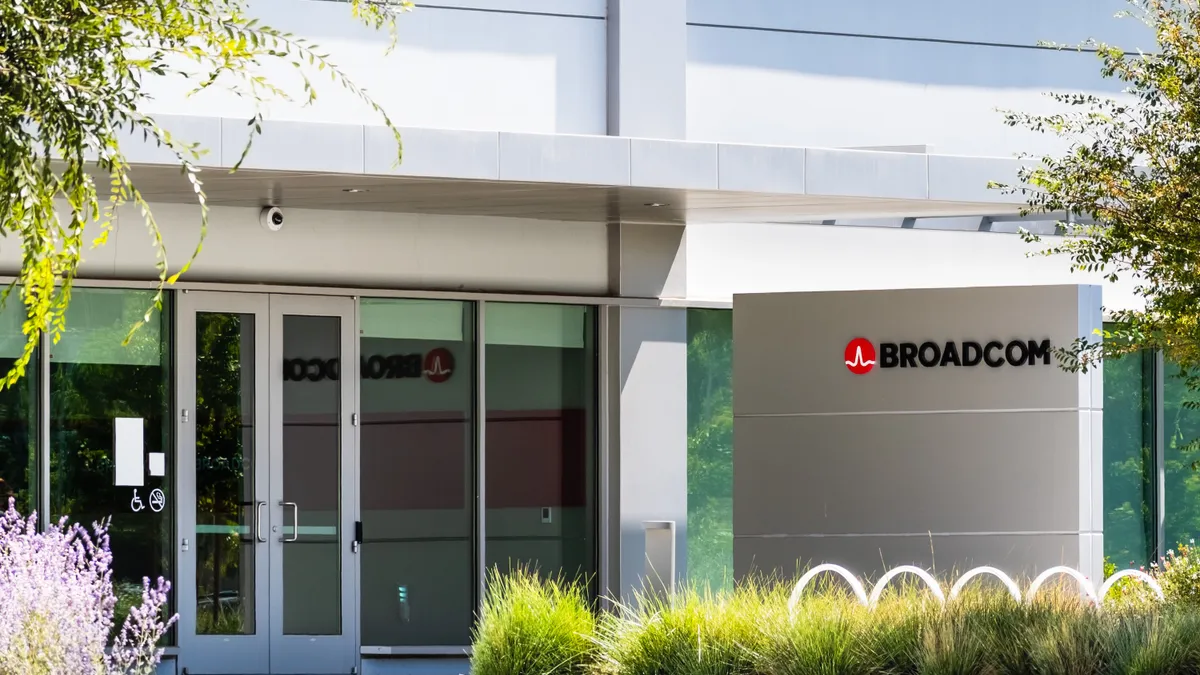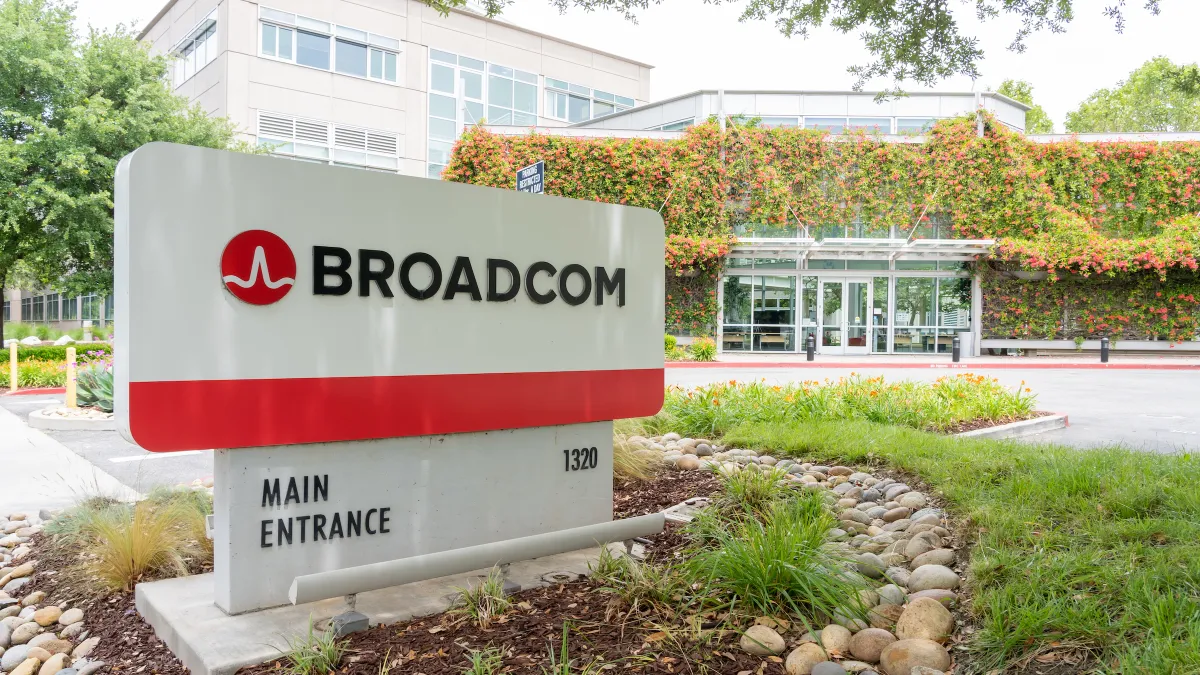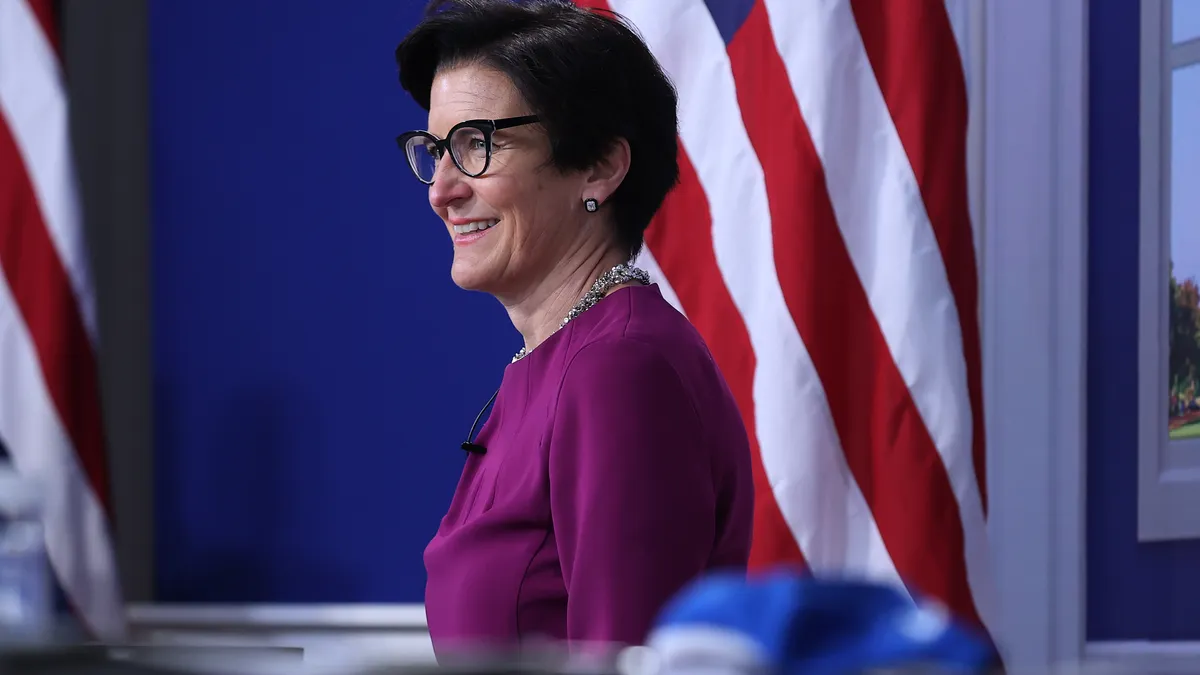Editor's note: This article originally ran in March, but with oral arguments rescheduled for Oct. 7, CIO Dive is making it available to you again.
The battle between Google and Oracle is a decade old and a fixture of Silicon Valley lore.
Google wrote its Android software using Java APIs. Oracle argued copyright laws applied to APIs, and sued Google in 2010, seeking about $9 billion in damages.
Though postponed because of the novel coronavirus outbreak, the Supreme Court of the United States will hear arguments outlining whether basic coding is subject to copyright and if Google's API use constitutes fair use.
The legal battle could disrupt future software use where a single entity controls foundational code. But what is the threshold to which fair use in software becomes dangerous to the economy? Competition — in software innovation and market stature — is the central focus of the case. The lawsuit's outcome will decide:
-
How companies can remain competitive without free access to basic APIs
-
And, how companies that own the code can still make money with free access
No license, no good
Oracle took ownership of Java in 2009 after it acquired its creator, Sun Microsystems. Former Google CEO Eric Schmidt had a relationship with Sun and was able to use Java without paying for a license.
Google reportedly intended to pay Sun $30 million to $50 million for a license to Java but the companies were at an "impasse" in negotiations, according to an email from former Sun CEO Jonathan Schwartz to Schmidt and other Sun executives. The two executives appeared to agree on how and why Google would use Java.
Some of the email exchanges between Schmidt and Sun executives are available in Google's certiorari for the Supreme Court filed on Jan. 24 2019. Click here.
"Copywriting software is like fitting a square peg into a round hole," Madhavi Sunder, law professor at Georgetown University, told CIO Dive.
The idea/expression dichotomy says that while ideas are not copyrightable, original or unique expression could be copyrightable. However, when the ideas and expressions merge, the number of ways ideas are expressed is compressed and copyright applicability can get lost. This is where software gets messy.
Software programmers are driven by utilitarian concerns, such as efficiency, said Sunder. Programmers think about "what is the most efficient way to make code perform a certain function."
"Copywriting software is like fitting a square peg into a round hole."

Madhavi Sunder
law professor at Georgetown University
Foundational code is more about direction, and this characteristic is one of the many ways software diverges from traditional works protected by copyrights. "If the directions are, 'rinse, lather, repeat,' there's not many other ways to tell those to give those directions," said Sunder.
For a long time the courts have recognized software as a method or mechanism to accomplish a task with limited ways to do so (read: APIs).
The bottom line? Google is arguing its use of Java APIs is an expression of an idea and therefore fair use. Oracle says interfaces are not expression, it's code, and therefore copyright infringement.
What Google says
Google used basic API protocol when developing Android: the APIs called out code from the grander library connecting to a bigger piece of code. The company admits it copied and used Java code when developing its Android platform.
However, Google argues that the code in question isn't subject to copyright laws and therefore couldn't have broken any laws.
In 2018 the U.S. Court of Appeals for the Federal Circuit flipped previous trials' rulings in Oracle's favor so Google is leaning on a fair use defense.
Fair use is typically enacted when copyright infringement may have occurred, but it was done in an effort to make something new or better, Carl Cecere, owner of Cecere PC, told CIO Dive. Cecere is an attorney who wrote the amicus brief on behalf of software innovators, startups and investors in support of Google.
What Google did is similar to what pop artist Andy Warhol did with images of Marilyn Monroe. Warhol "made transformative use" of the original photograph of the actress, said Cecere.
There are everyday cases for fair use: educational institutions can copy paragraphs of a Earnest Hemingway novel so they can lecture and critique it in a classroom setting, Thomas McThenia attorney and Gainesville managing shareholder of GrayRobinson, told CIO Dive. "The statute recognizes that those types of non-commercial educational uses are what fair use is about, but then it's a case by case."
Because copyright isn't extended to Java's standard edition (SE) filing system, according to Google, the company didn't infringe structure, sequence and organization of the Java SE libraries. The Federal Circuit theorized Java SE libraries are a "protected 'compilation' of declaration names," according to Google's court documents. "Google only incidentally and unavoidably duplicated that file structure when it reused the declarations."
The file structure is defined as a system, therefore limited in expressions, or "those exact declarations," according to Google. "Even if Oracle held a thin protected interest" of Google's declaration use, the action is protected by fair use.
What Oracle says
Oracle is suing Google for using APIs to the broader Java library. The company argues Google is attempting to redefine fair use "to include all commercial copying …. [pretending] that more than 11,000 lines of software code is something other than 'software,'" said Ken Glueck, EVP of Oracle, in a blog post.
Because Sun developed Java, and industry uses it extensively, Oracle's view is, "they own it, they spent a lot of time and energy developing it, that ought to be rewarded," said Cecere.
The latest Federal Circuit ruling in Oracle's favor, turned around and told Google that APIs are unique. The Court's ruling echoed traditional cases of copyright infringement and their economic impact. "Google conceded it killed — not enabled — interoperability in Android," said Glueck.
"Did [Android] hurt a market? That's Oracle's best argument."

Thomas McThenia
attorney and Gainesville managing shareholder of Gray Robinson
Oracle sees Google as a late entrant to the mobile market, following Apple, Microsoft, Blackberry and Nokia. Because of its delayed debut in mobile, Oracle argues, "it didn't have the time to spend writing a new platform," writes Glueck.
While developers had the right to use Java for creating applications, platform and device-makers needed licenses. If Google had a license, it would have required the company to publish its penultimate software in open source — something Google, with eyes set on proprietary software — was unwilling to do.
The U.S. Solicitor General filed an amicus brief on behalf of Oracle and said fair use doesn't extend to "a new market entrant to copy valuable parts of an established work simply to attract fans to its own competing commercial product."
But APIs are designed as foundational elements to build software, no matter who it belongs to, according to McThenia. People will say intellectual property and copyright isn't good for software, but how will we have an economy without it?
Oracle will likely argue that because Google didn't have a license, it destroyed Oracle's market "because a bunch of people moved from Java to Android," according to McThenia. "Did [Android] hurt a market? That's Oracle's best argument."



